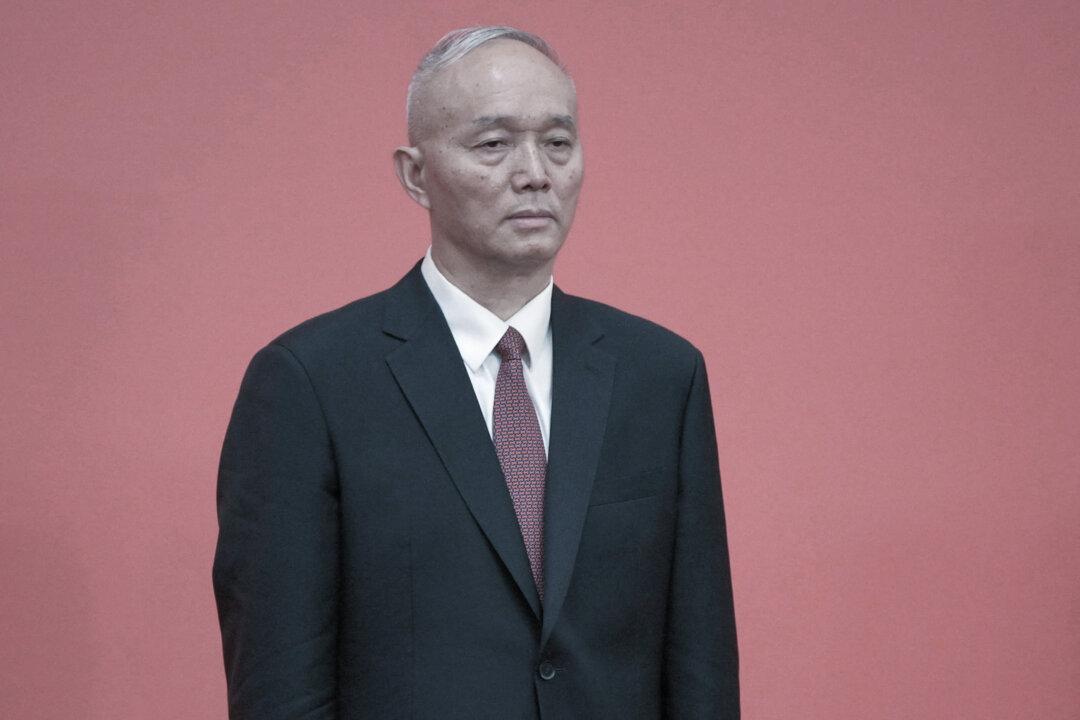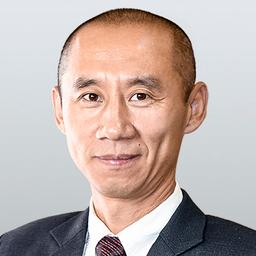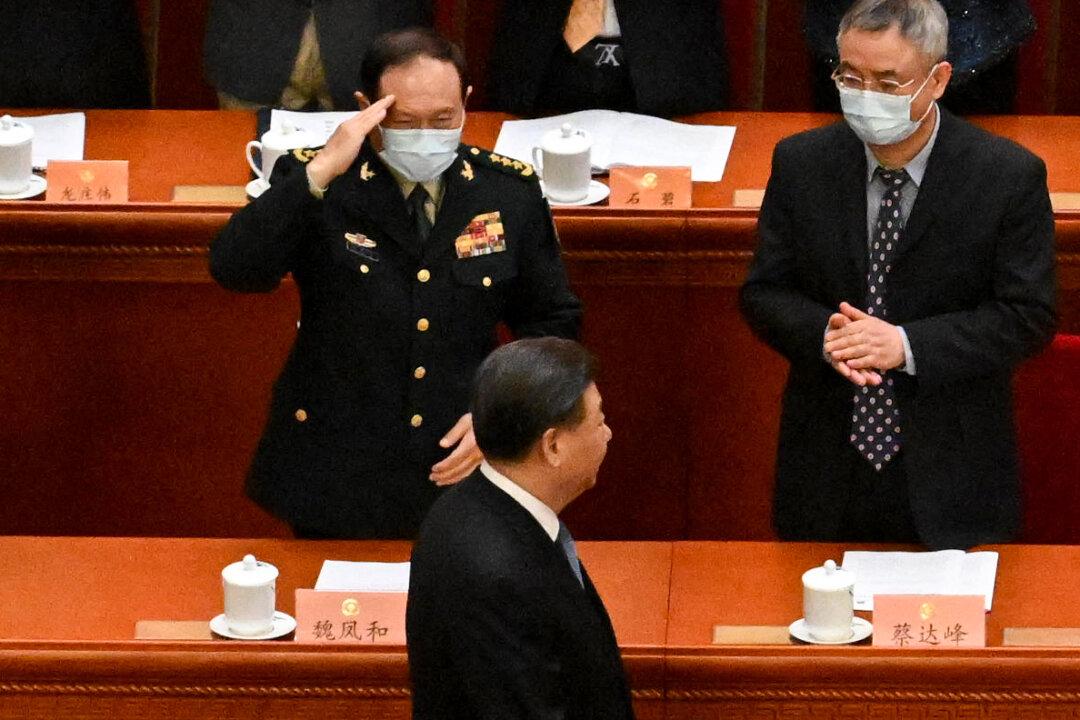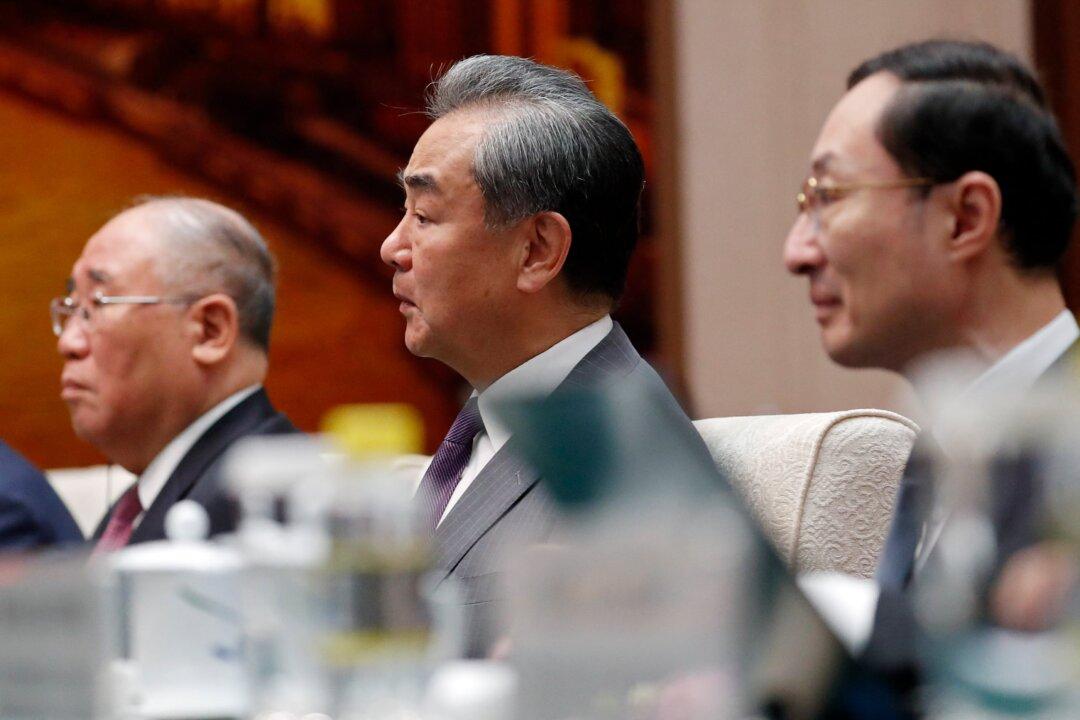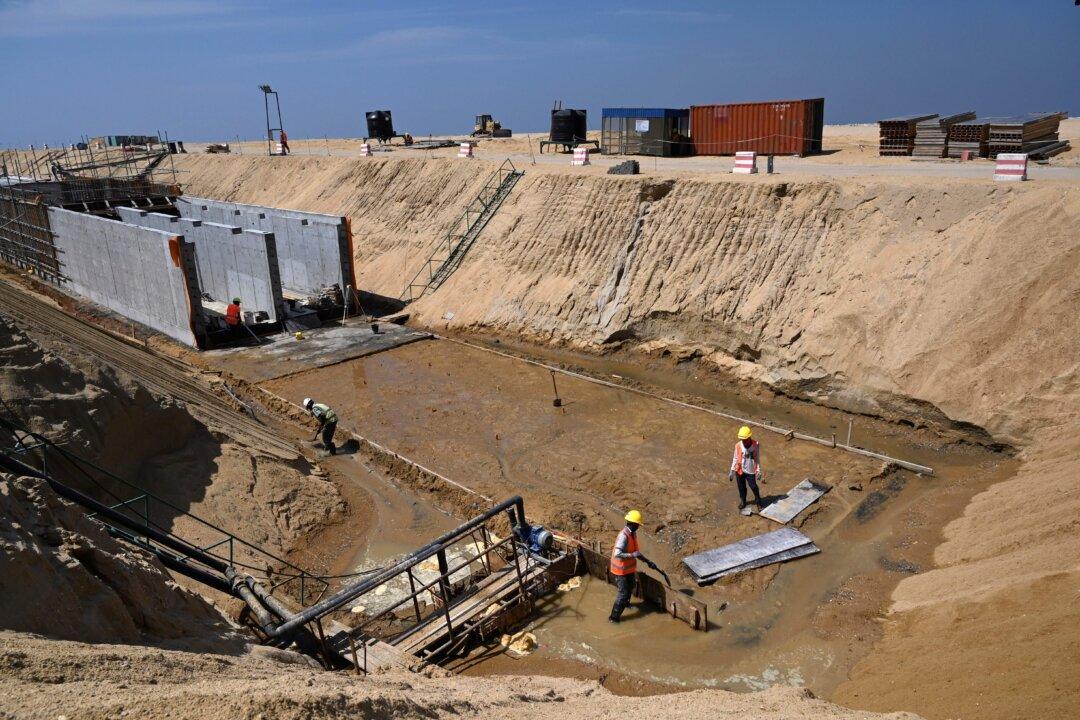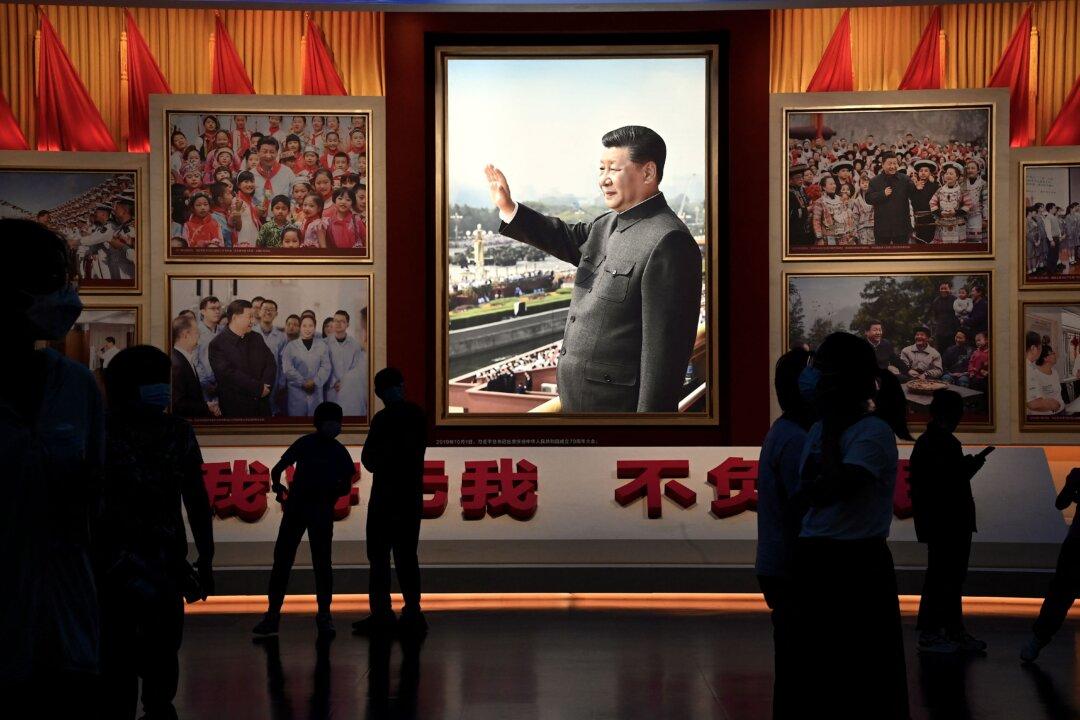In March of this year, former Beijing party boss Cai Qi was given an additional position—director of the party’s General Office, which magnified his power to discipline all Chinese Communist Party (CCP), regime, and military officials except those in the Politburo Standing Committee.
Cai’s new role is reminiscent of Kang Sheng (1898-1975), a merciless official during the Mao Zedong era. When it comes to Kang, most Chinese born after 1970 do not know much about him, as the regime’s media outlets rarely mention his name. As a prominent internal security cadre within the CCP, Kang was irreplaceable in assisting Mao’s political campaigns, especially initiating and implementing the Cultural Revolution (1966 to 1976).
